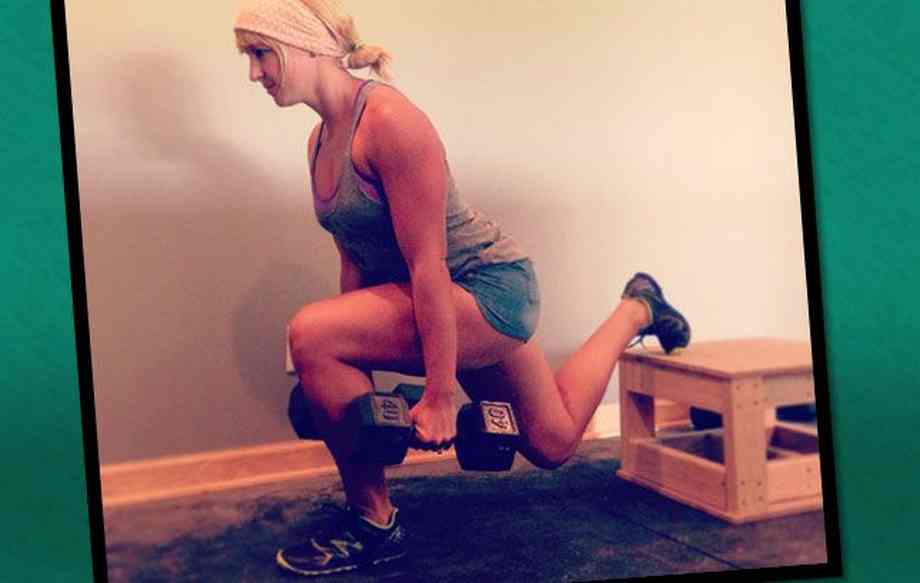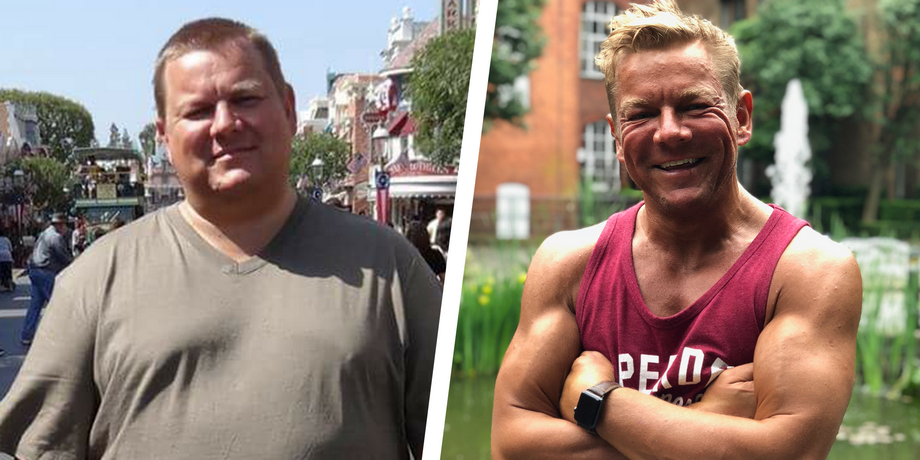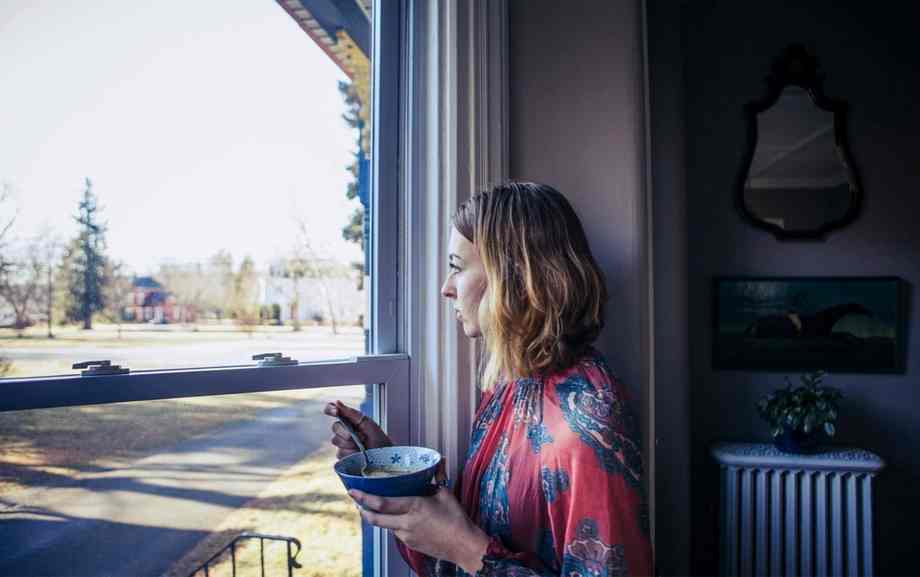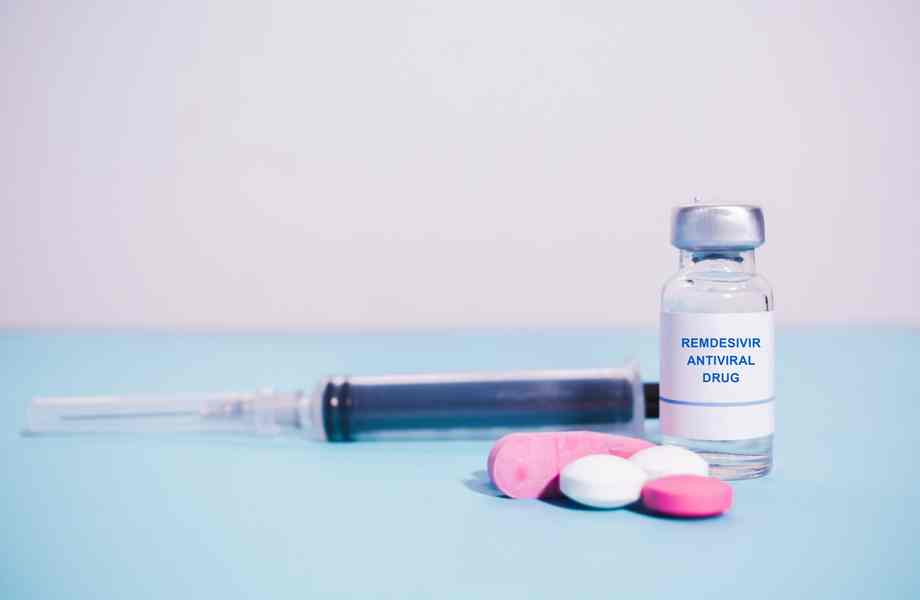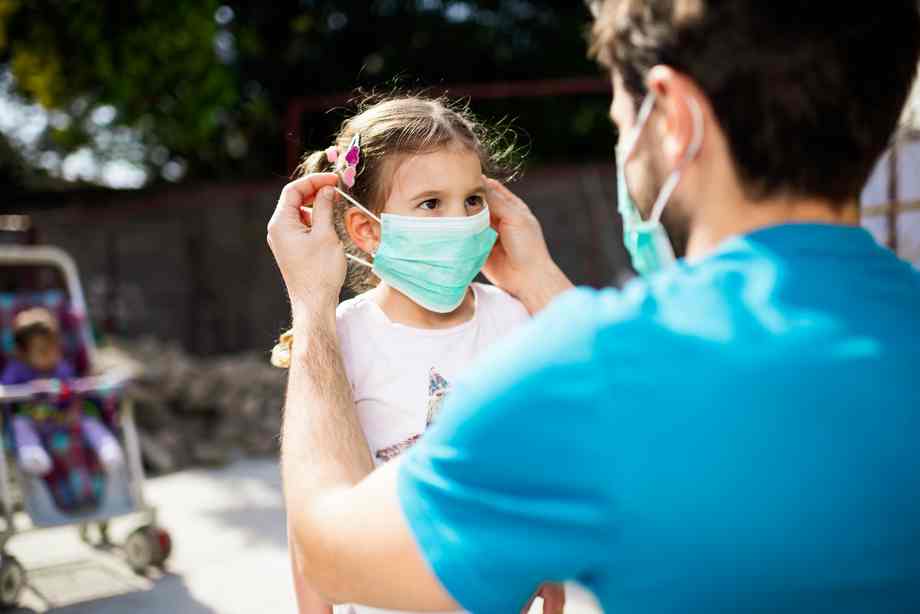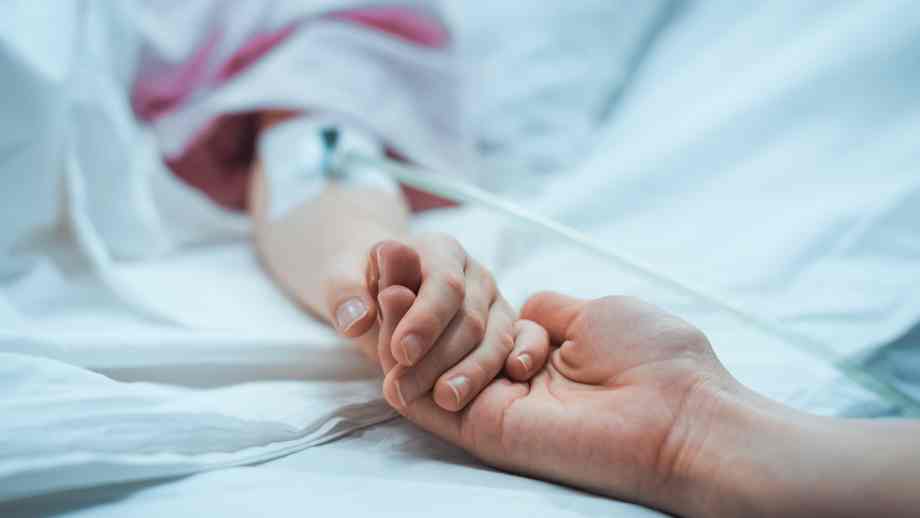The 54-year-old New York Metropolis college secretary didn’t have any underlying well being issues when she caught the coronavirus in March, and he or she recovered at her Queens residence.
However some signs lingered: fatigue she by no means skilled throughout years of rising at 5 a.m. for work; ache, particularly in her fingers and wrists; an altered sense of style and odor that made meals unappealing; and a welling melancholy. After eight months of struggling, she made her solution to Jamaica Hospital Medical Middle — to a clinic particularly for post-COVID-19 care.
TO SPEED CORONAVIRUS VACCINATIONS, SOUTH CAROLINA MULLS LIMITING ELECTIVE SURGERIES AGAIN
“I felt myself in sort of a gap, and I couldn’t look on the brilliant aspect,” Busa mentioned. She didn’t really feel helped by visits to different medical doctors. However it was completely different on the clinic.
“They validated the best way I felt,” she mentioned. “That has helped me push via every part I’m preventing.”
The clinic is certainly one of dozens of such amenities which have cropped up across the U.S. to handle a puzzling side of COVID-19 — the consequences that may stubbornly afflict some individuals weeks or months after the an infection itself has subsided.
The packages’ approaches fluctuate, however they share the objective of making an attempt to understand, deal with and provides credence to sufferers who can’t get freed from the virus that has contaminated greater than 24 million People and killed about 400,000.
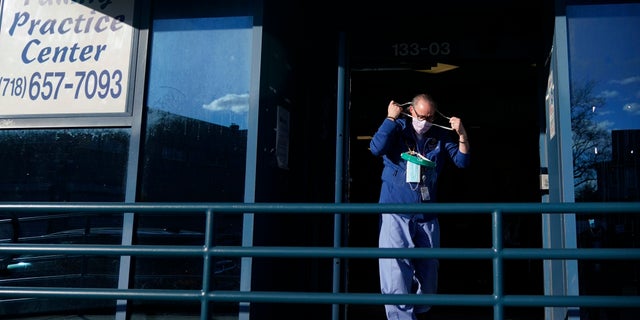
Present indications are that as much as 30% of sufferers proceed to have vital issues that intrude on every day life two to 3 weeks after testing optimistic.
(AP Picture/Seth Wenig)
“We all know that is actual,” mentioned Dr. Alan Roth, who oversees the Jamaica Hospital clinic. He has been grappling with physique ache, fatigue and “mind fog” characterised by occasional forgetfulness since his personal comparatively delicate bout with COVID-19 in March.
Like a lot else within the pandemic, the scientific image of so-called long-haulers remains to be creating. It’s not clear how prevalent long-term COVID issues are or why some sufferers hold struggling whereas others don’t.
Present indications are that as much as 30% of sufferers proceed to have vital issues that intrude on every day life two to 3 weeks after testing optimistic. Maybe as many as 10% are nonetheless troubled three to 6 months later, in accordance with Dr. Wesley Self, a Vanderbilt College emergency doctor and researcher who co-wrote a July report from the Facilities for Illness Management and Prevention.
Medical doctors have identified for months that intensive care sufferers can face prolonged recoveries. However many COVID-19 long-haulers have been by no means critically unwell.
On the College of Texas Medical Department’s post-COVID-19 clinic in Clear Lake, sufferers vary in age from 23 to 90. Half have been by no means hospitalized, mentioned the clinic’s director, Dr. Justin Seashore.
CORONAVIRUS SURGE INCREASES STRAIN ON FUNERAL HOMES: ‘OUR MORGUES ARE TOO FULL’
“They have been informed they need to be feeling higher, and so they didn’t,” he mentioned. As a substitute, they have been left with fatigue, shortness of breath, nervousness, melancholy, issue concentrating or different issues they didn’t have earlier than.
Some have been informed they must be on oxygen for the remainder of their lives. A spotlight has been serving to lots of them get off it via remedy that may embrace respiratory remedy, occupational remedy, psychological well being check-ins and extra, Seashore mentioned.
Lengthy-term COVID-19 care has been launched in settings starting from large analysis hospitals like New York’s Mount Sinai, which has over 1,600 sufferers, to St. John’s Nicely Youngster and Household Middle, a community of group clinics in south Los Angeles.
Reasonably than focusing particularly on sufferers who nonetheless really feel sick, St. John’s goals to schedule a bodily examination, a behavioral well being go to and month-to-month follow-ups with everybody who checks optimistic at certainly one of its clinics, CEO Jim Mangia mentioned. Practically 1,000 sufferers have are available in for exams.
Since Luciana Flores contracted the virus in June, she has been contending with again ache, abdomen issues, shortness of breath and fear. The mom of three misplaced her job at a laundry amid the pandemic, and he or she would not really feel nicely sufficient to search for work.
St. John’s has helped, she mentioned, by diagnosing and treating a bacterial an infection in her digestive system.
“I feel it is actually vital for different sufferers to obtain the identical care,” Flores, 38, mentioned via a Spanish interpreter. “I don’t really feel the identical. I don’t assume something will ever be the identical, however there’s no different means round it: I’ve to maintain transferring ahead.”
There’s no confirmed treatment for long-term COVID issues. However clinics goal to supply reduction, not least by giving sufferers someplace to show if their common physician can not help.
“We wished to create a spot that sufferers may get solutions or really feel heard,” even when there are nonetheless unanswered questions, mentioned Dr. Denyse Lutchmansingh, the scientific lead doctor at Yale Drugs’s Put up-COVID Restoration Program.
On the Jamaica Hospital program, sufferers get psychological well being assessments, a lung specialist’s consideration and bodily exams that delve deeper than most into their life, private circumstances and sources of stress. A number of hundred individuals have been handled to date, Roth mentioned.
The thought is to assist sufferers “construct their very own therapeutic capability,” mentioned Dr. Wayne Jonas, former director of the Nationwide Institutes of Well being’s Workplace of Various Drugs. He’s now with the Samueli Basis, a California-based nonprofit that works with the hospital on marrying various concepts with typical drugs.
The long-haulers get train and food regimen plans and group or particular person psychological well being periods. Suggestions for dietary supplements, respiration workout routines and meditation are additionally seemingly. That is along with any prescriptions, referrals or major care follow-ups which are deemed crucial.
“We’re not simply saying, ‘It’s all in your head, and we will throw herbs and spices at you,'” Roth mentioned. With no tidy, confirmed reply for the complicated of signs, “we do a commonsense strategy and take one of the best of what is on the market to deal with these individuals.”
CLICK HERE FOR COMPLETE CORONAVIRUS COVERAGE
Busa acquired a check that decided she has sleep apnea, which causes individuals to cease respiration whereas asleep and infrequently really feel fatigued when awake. She is getting a tool for that and is utilizing wrist braces and getting injections to ease her ache. Her program additionally contains psychotherapy appointments, dietary supplements and new every day routines of strolling, driving a stationary bike and writing in a journal about what she has to really feel grateful for.
Busa feels she is coming alongside, particularly when it comes to her temper, and credit the clinic.
“There’s mild on the finish of the tunnel,” she mentioned, “and there are individuals and medical doctors on the market who can relate to you.”

